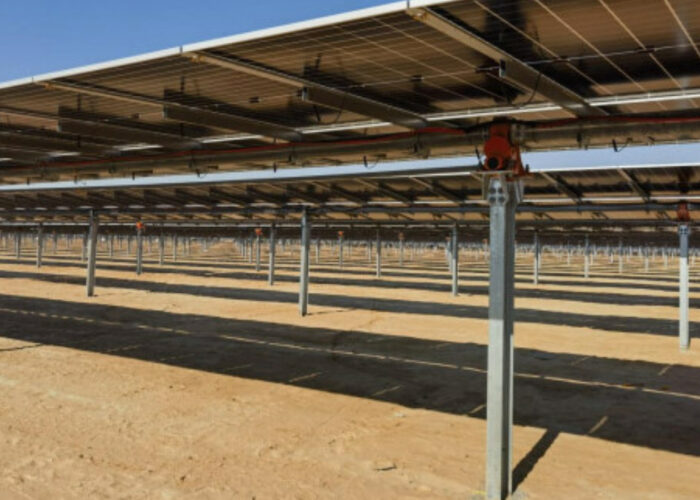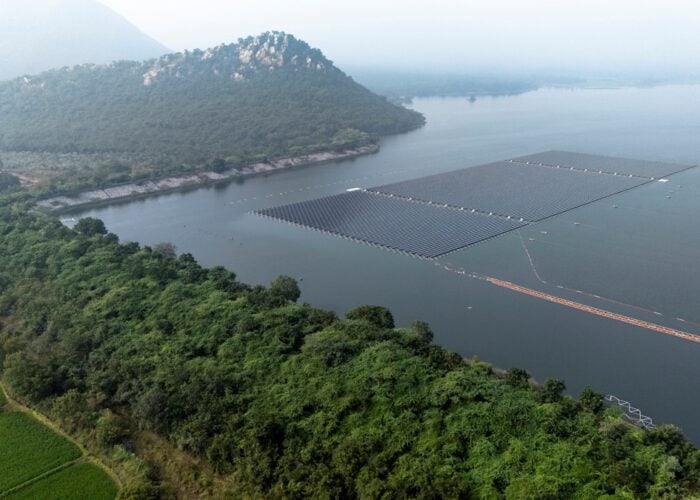US-based ultra-thin silicon wafer start-up Crystal Solar is planning to complete pilot production of its ‘Epi Thin-Silicon’ technology this year with volume production targeted sometime in 2014.
Crystal Solar highlighted the production plans after saying it had completed an 18-month US Department of Energy-funded “incubator project”, which it claimed successfully demonstrated the capability of its technology in eliminating multiple process steps in conventional monocrystalline silicon wafer production while retaining the material's inherent conversion efficiency superiority.
Try Premium for just $1
- Full premium access for the first month at only $1
- Converts to an annual rate after 30 days unless cancelled
- Cancel anytime during the trial period
Premium Benefits
- Expert industry analysis and interviews
- Digital access to PV Tech Power journal
- Exclusive event discounts
Or get the full Premium subscription right away
Or continue reading this article for free
The company claimed its technology would result in overall PV module production costs being reduced by approximately 50%.
The incubator project, which included collaborations with the National Renewable Energy Laboratory (NREL), also involved the Georgia Institute of Technology on silicon solar cell processing during this period.
However, according to the recent edition of the International Technology Roadmap for PV (ITRPV), alternative wafer technologies will be hard pressed to replace conventional multi- and mono-crystalline wafers due to costs and the conservative wafer thickness reductions adopted by the majority of the PV industry.
Yet the ITRPV does note that as-cut wafer thickness in mass production of solar cells and minimum cell thickness in module manufacturing is expected to reach below 120 microns in 2020.
Dow Corning had also previously announced that it would work with Crystal Solar to jointly develop new products for building-integrated PV applications, using its ‘direct gas to wafer’ process for ultra-thin wafers.






